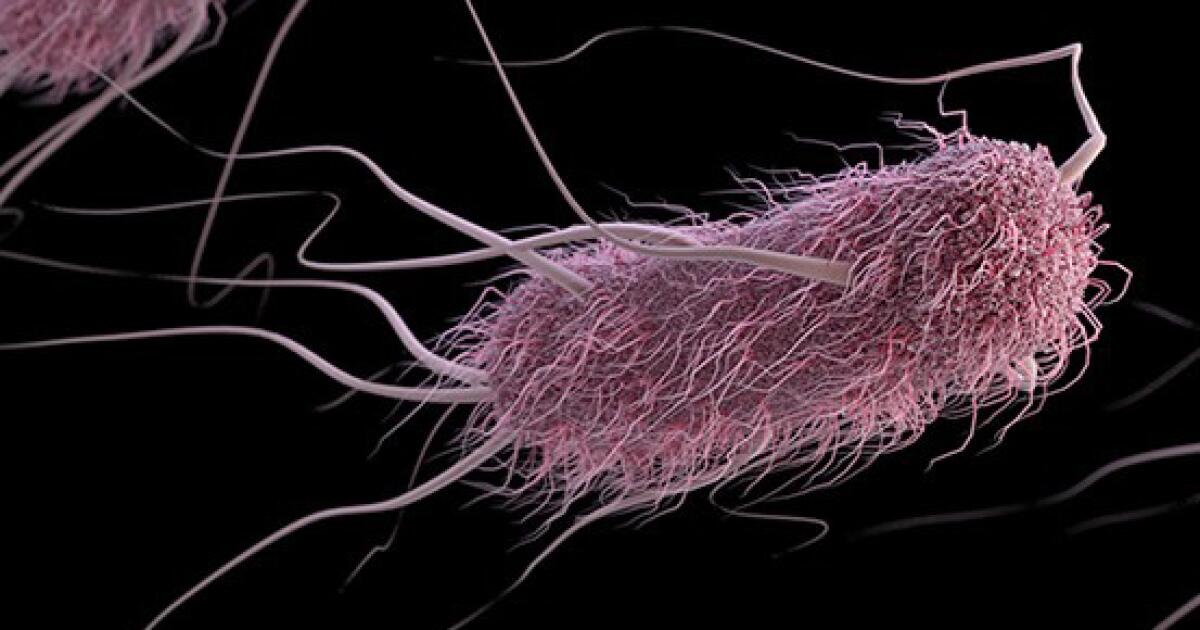Prioritizing postpartum health is essential to ensuring a smooth transition to motherhood and laying the foundation for long-term wellness.
Going through the postpartum phase as a new mother can be daunting, but remember that you are not alone
The postpartum phase is between 6 and 8 weeks after birth, when pregnancy-related physiological changes return to pre-pregnancy levels.
Many hormonal changes occur at this time, which can lead to physical and emotional changes. The postpartum phase is a beautiful yet challenging time for new mothers. While the focus is often on the newborn, it is crucial for mothers to prioritise their own well-being as well. Here are some essential do’s and don’ts for new mothers during this transformative period, according to Dr Sonia Golani, Consultant Gynaecologist and Obstetrician, Bhaial Amin General Hospital, Vadodara:
To do:
- Immediate postpartum: If you had a vaginal birth with an episiotomy, you may experience pain and discomfort…taking good perineal care by keeping the stitches clean and antibiotics will help relieve pain. If you had a cesarean delivery, you may experience pain in your lower abdomen that can be treated with pain relievers. Maintain a healthy diet consisting of protein, carbohydrates, and high-fiber foods, eat on time, and use stool softeners to prevent constipation.
- Prioritize self-careRemember, you can't pour from an empty cup. Take time for yourself, whether it's a warm bath, a short walk, or a moment of meditation. Self-care is essential for your physical and mental well-being.
- Accept helpDon't be afraid to lean on your support system. Whether it's your partner, family, or friends, accept their offers of help with chores, meals, or just holding the baby while you rest.
- Stay hydrated and nourishedIt's easy to forget about your own needs when caring for a newborn, but staying hydrated and eating nutritious meals is vital to your recovery and energy levels.
- Rest when you canLack of sleep is common for new mothers, but try to rest whenever possible. Take a nap when the baby naps and don't worry about housework. Her body needs time to recover.
- Connect with other mothersJoining a new mothers' group or online community can provide valuable support and camaraderie. Sharing experiences with others who are going through similar challenges can be incredibly comforting.
- Communicate with your partnerOpen communication is key during this transition period. Express your needs and concerns to your partner and work together to meet the challenges of parenthood as a team.
Not to do:
- Don't try too hardAvoid the temptation to do too much too soon. Your body needs time to recover from childbirth, so resist the temptation to jump right back into your pre-pregnancy routine.
- Do not compare yourself with othersEvery mother and baby are unique, so resist the temptation to compare your postpartum experience to that of other women. Trust your instincts and do what you think is best for you and your baby.
- Don't neglect your emotional healthPostpartum mood disorders, such as postpartum depression and anxiety, are common and treatable. If you experience persistent feelings of sadness, anxiety, or hopelessness, don't hesitate to seek help from a health care professional.
- Do not isolate yourselfWhile it's important to prioritize rest and bonding with your baby, isolation can exacerbate feelings of loneliness and overwhelm. Make an effort to stay in touch with loved ones, even if it's just a quick phone call or text.
- Don't ignore the warning signsPay attention to your body and seek medical attention if you experience worrying symptoms, such as excessive bleeding, severe pain, or signs of infection. Your health and well-being are paramount.
- Don't stop using contraceptive methodsTalk to your obstetrician about the available options and choose the one that best suits you.
- Do not smoke:Your partner should not smoke as this could be harmful to your newborn baby.
- Don't feel guiltyMotherhood is full of ups and downs, and it’s okay to feel a range of emotions. Give yourself permission to experience and process your feelings without judgment or guilt. Going through the postpartum phase as a new mom can be daunting, but remember that you’re not alone. By prioritizing self-care, seeking support, and being kind to yourself, you’ll be able to navigate this transformative journey with confidence and grace.
This is a learning period for you and your family. Take it easy and adapt slowly and enjoy the journey without getting stressed.












